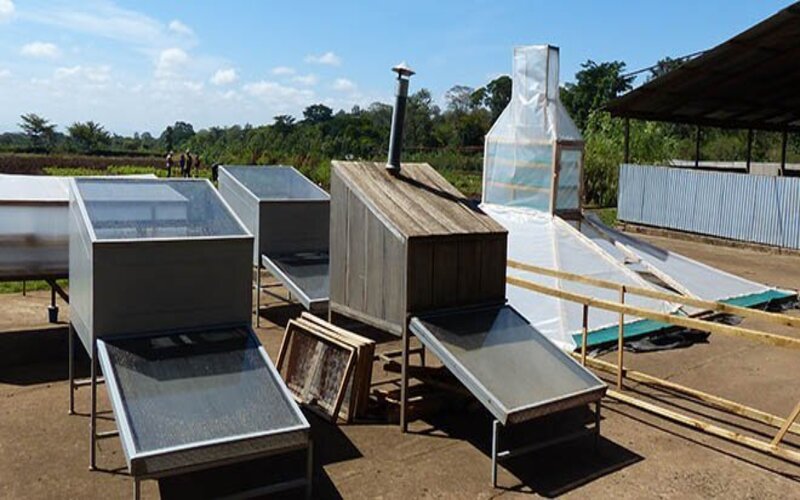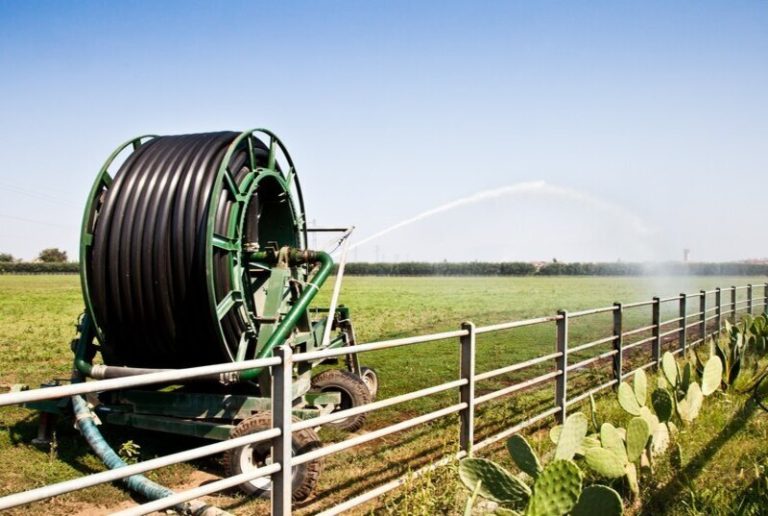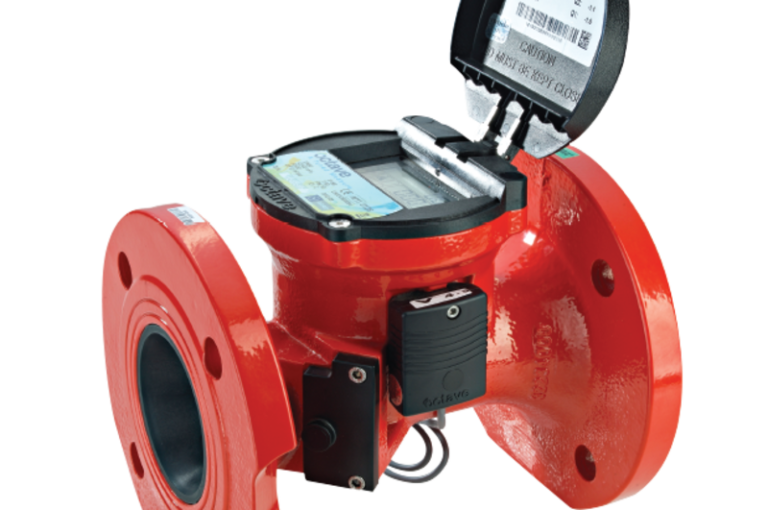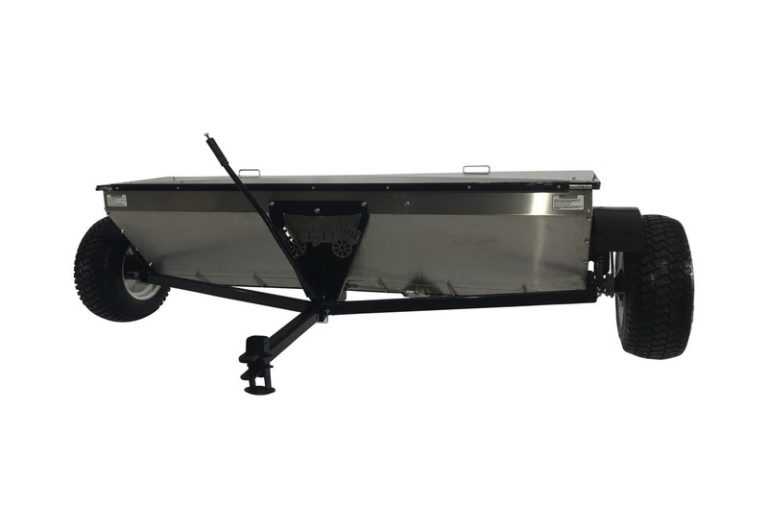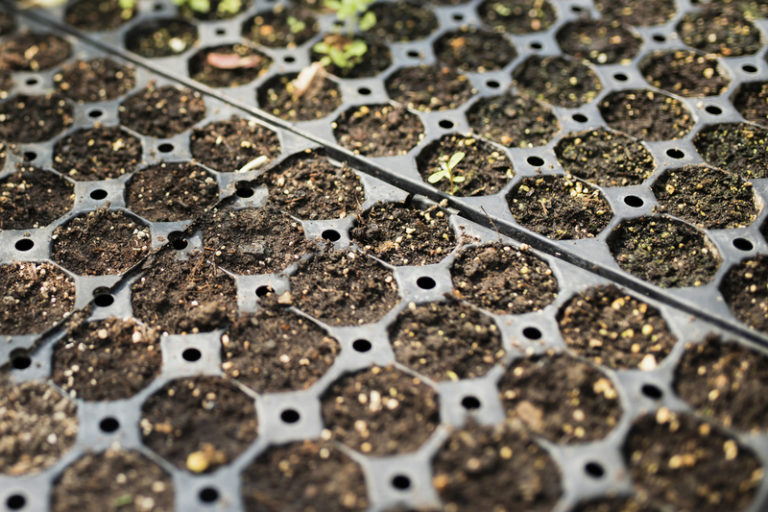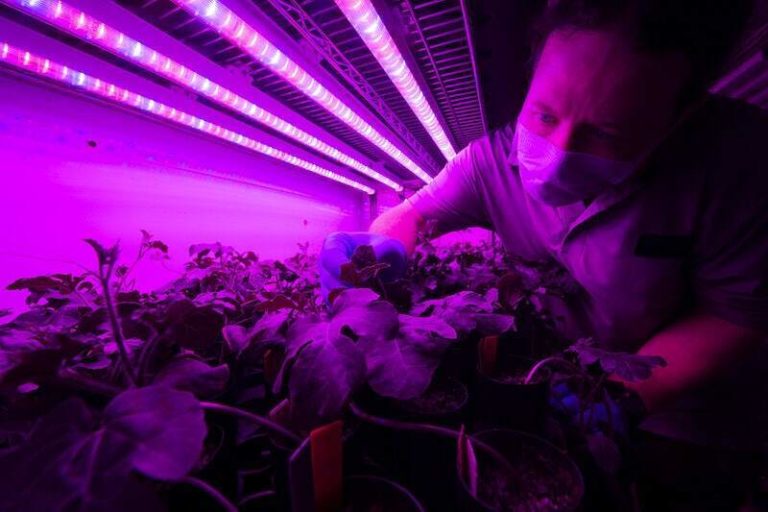Crop Dryers: The Key to Successful Crop Harvesting and Storage
Agricultural crops are the backbone of the global economy, providing food, fuel, and fiber. Proper storage and transportation of crops are essential for maintaining their quality and value.
One of the biggest challenges faced by farmers and agricultural businesses is the proper drying of crops. Moisture content is a critical factor in the quality and longevity of agricultural products.
A crop dryer is a machine that removes moisture from crops to a safe level for storage and transportation.
In this article, we will discuss crop dryers, their importance, types, and how they function.
What is a Crop Dryer?
A crop dryer is a machine that reduces the moisture content of crops to a safe level for storage or transportation. It works by blowing hot air over the crop to make the water evaporate, which makes the crop less wet.
Crop dryers are important because excess moisture in crops can lead to spoilage, mold growth, and other quality issues that can reduce the crop’s value.
Types of Crop Dryers
There are several types of crop dryers available on the market, each with its own unique features and benefits. The most common types include:
- Bin Dryers
Bin dryers are the most common type of dryer used in agriculture. They are large, enclosed structures that can be used to dry a variety of crops, including grain, nuts, and seeds.
The way the bin dryer operates is by blowing hot air through the crop, which evaporates the moisture, and then a fan removes the moisture from the bin. Bin dryers can be stationary or portable and run on electricity, propane, or natural gas.
- Continuous Flow Dryers
Continuous flow dryers are used to dry large quantities of crops quickly and efficiently. They work by blowing hot air through a continuous stream of crops as they pass through the dryer.
This type of dryer is often used for high-moisture crops like corn and soybeans. Continuous-flow dryers are typically more expensive than bin dryers, but they can be more efficient.
- Cross-Flow Dryers
Cross-flow dryers are similar to continuous-flow dryers, but they have a different airflow pattern. Instead of blowing hot air through the crop, cross-flow dryers blow hot air across the crop.
This allows for a more uniform drying process and can reduce the risk of over-drying the crop. Cross-flow dryers are often used for delicate crops like fruits and vegetables.
- Batch Dryers
Batch dryers are used for small quantities of crops. They work by placing the crop in a container and then blowing hot air over it to evaporate the moisture. Batch dryers are typically less expensive than other types of dryers, but they are less efficient and can take longer to dry crops.
- Mixed-Flow Dryers
Mixed-flow dryers are a hybrid of continuous-flow and cross-flow dryers. They work by blowing hot air through the crop, then across the crop, and then through the crop again.
This allows for a more uniform drying process and can reduce the risk of over-drying the crop. Mixed-flow dryers are often used for crops like rice and wheat.
How Do Crop Dryers Work?
Crop dryers work by blowing hot air over the crop to evaporate moisture. A heater produces the hot air and can run on electricity, propane, or natural gas. The dryer’s fan then blows the hot air over the crop, which removes the moisture from it.
The moisture is then removed from the dryer through a ventilation system. The drying process can take several hours to several days, depending on the type of crop and the dryer’s capacity.
Benefits of Crop Dryers
Crop dryers have several benefits for farmers and agricultural businesses, including:
- Improved Crop Quality
Excess moisture in crops can lead to spoilage, mold growth, and other quality issues that can reduce the value of the crop. By using a crop dryer to reduce the moisture content to a safe level, farmers can improve the quality of their crops and increase their value.
- Increased Storage Life
Crop dryers can help increase the storage life of crops. By reducing the moisture content, the risk of spoilage and mold growth is decreased, which can lead to longer storage times for the crop.
This is especially important for crops harvested in high moisture conditions or stored for extended periods of time.
- Better Transportation
Dry crops are easier to transport than wet crops. When crops are dried properly, they are less likely to shift or spoil during transportation. This can reduce transportation costs and improve the overall quality of the crop.
- Greater Flexibility
By using a crop dryer, farmers have greater flexibility in when and where they can harvest their crops. Rather than waiting for dry conditions, they can harvest crops in high moisture conditions and dry them later.
- Increased Efficiency
Crop dryers can increase the efficiency of the harvest process. By drying crops quickly and efficiently, farmers can reduce the time it takes to harvest and store crops. This can lead to greater yields and increased profits.
Factors to Consider When Choosing a Crop Dryer
When choosing a crop dryer, farmers should consider several factors, including:
- Crop Type
Different crops require different types of dryers. For example, delicate crops like fruits and vegetables may require a cross-flow dryer, while high-moisture crops like corn and soybeans may require a continuous flow dryer. Farmers should choose a dryer that is designed for the specific crop they are growing.
- Size
The size of the dryer is important to consider. The dryer should be large enough to handle the amount of crop that needs to be dried. A dryer that is too small may not be able to handle the volume of crops, while a dryer that is too large may be inefficient for smaller farms.
- Fuel Source
Crop dryers can be powered by electricity, propane, or natural gas. Farmers should consider the availability and cost of these fuel sources in their area when choosing a dryer.
- Cost
The cost of the dryer is an important factor to consider. Farmers should choose a dryer that is within their budget and provides the features and capabilities that they need.
Conclusion
Crop dryers are essential for maintaining the quality and value of agricultural crops. They remove excess moisture from crops, which can lead to spoilage, mold growth, and other quality issues.
There are several types of crop dryers available, including bin dryers, continuous flow dryers, cross-flow dryers, batch dryers, and mixed-flow dryers.
Farmers should choose a dryer that is designed for the specific crop they are growing, is the appropriate size for their operation, and is powered by a fuel source that is available and cost-effective in their area.
By using a crop dryer, farmers can improve the quality of their crops, increase their storage life, and increase their overall efficiency and profitability.
Also Read:
Mystical Agriculture Seed Reprocessor: The Eco-Friendly Solution for Seed Processing

